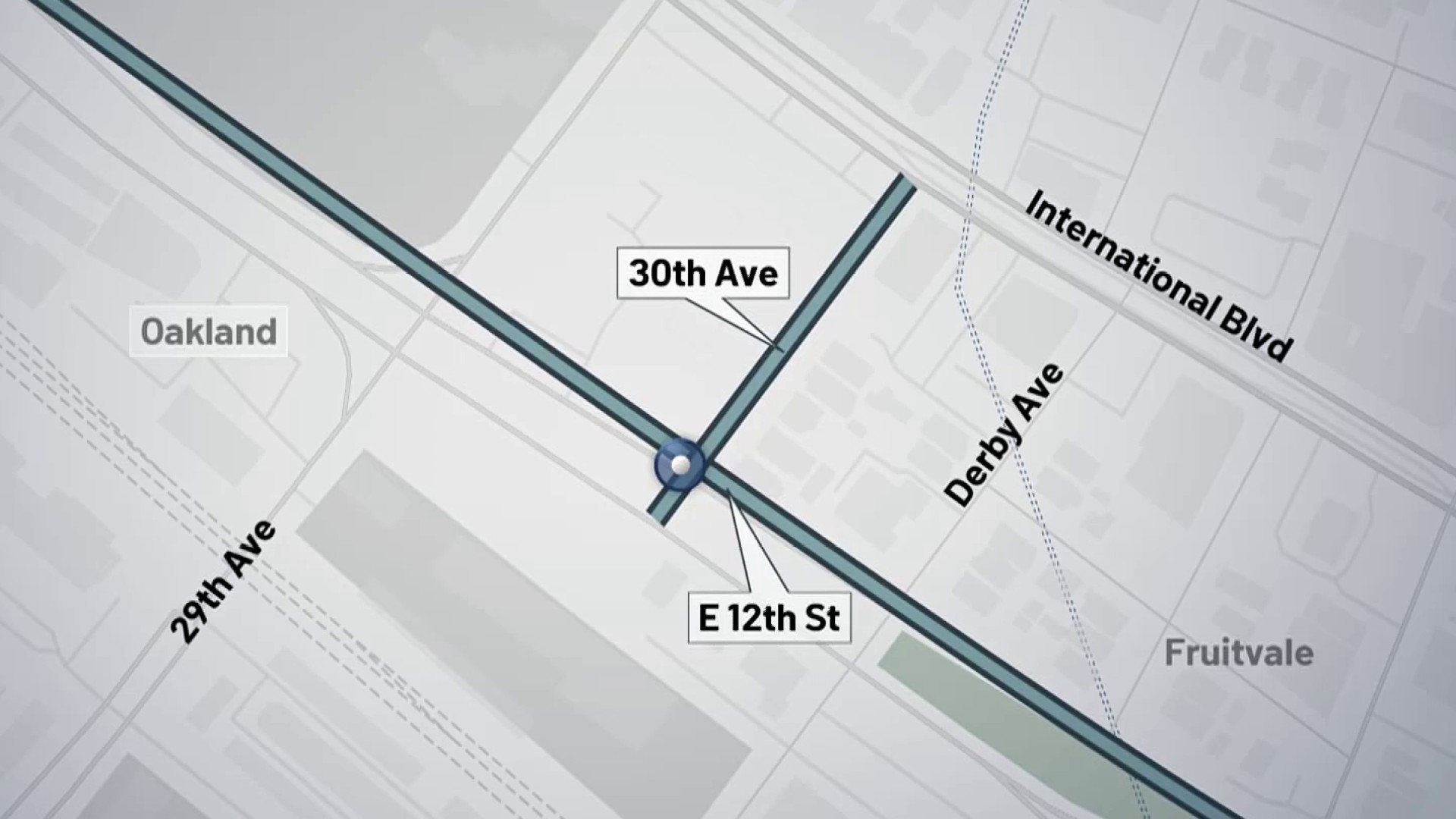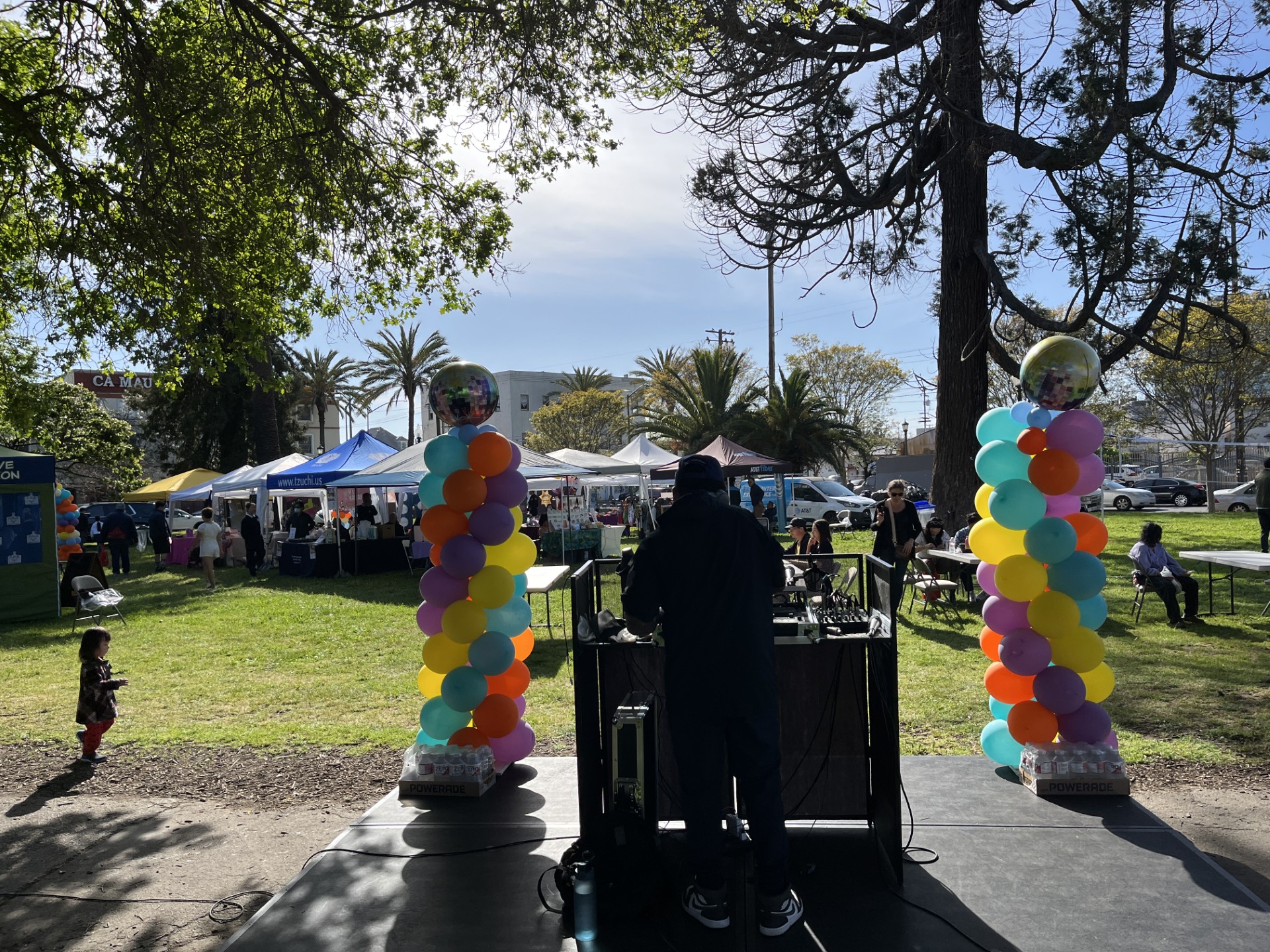Troubling allegations of hazing and even racist abuse at the San Francisco Fire Academy have emerged as the city is shelling out $100,000 a day in overtime to account for a significant shortage of firefighters, NBC Bay Area has learned.
Currently, some 54 firefighter recruits are undergoing training at the Division of Training to join the ranks of 1,500 firefighters in the city – 250 firefighters short of the department’s authorized strength.
The city is paying $100,000 a day – accounting for $25,000 per firefighter per year – to meet voter approved staffing levels at the city’s firehouses, based on the latest available data from the San Francisco city Controller’s Office.
The dropout rate of the academy, meanwhile, has been running about 10 percent to 20 percent per class since 2010, according to figures provided by the department and taken from the Fire Commission’s website. That rate translates into fewer firefighters to fill the widening gap in staffing.
So far this year, more firefighters have been ordered to work overtime than all of 2014, fire department statistics show. As of June, the department ordered 1,447 overtime shifts as compared to 1,313 last year. If the current trend is reflected for the entire year, the city would have ordered nearly 3,000 overtime shifts – the most ever.
The current head of training, Jeff Columbini, says the academy is a rigorous proving ground for those who want to come to the rescue.
While he said he could not respond to allegations of misconduct dating to before he arrived earlier this year, he says there are new ethical standards in place since he took command that will assure that the most capable recruits make it through a training process that is both fair and humane.
“Do we run a rigorous academy? Absolutely,” he says. “I think the city and county and the people who live in this city and county put it on my shoulders to make sure that happens.”
One thing for sure, there is no shortage of prospects, with a waiting list of some 4,000 people who want the job.
Still, some ex-recruits who were at the top of the list of prospects say that once they made it in, the apparent goal of some instructors at the academy is not to train them, but get them to flunk.
“I thought I was targeted,” said Brian Sullivan, who said he was forced to drop out of the academy last year amid a torrent of abuse. “I thought I was public enemy no. 1”
Sullivan claims that he was singled out for abuse because his father had served on the department. He is not the only ex recruit to make that accusation – other former recruits say they trainers are particularly hard on “legacy” candidates.
One of those legacy recruits, Aziz Aineb, tells NBC Bay Area that he believes he was targeted because his brother – already on the department – helped a fellow firefighter who won a $175,000 settlement in 2014 against the city for abuse at the academy.
Aineb himself is now suing the department after he failed the academy in 2014. He alleges that his instructors subjected him to racist taunts and abuse in retaliation for his brother’s testimony.
But still other recruits recall seemingly bizarre tales of abuse. One alleged this year that he was forced to eat an ice cream treat even after telling the instructor that he was lactose intolerant. The department says it is reviewing the matter.
Another alleged that in 2014, he was forced to go into a “wet room” where he was blasted with water from a circulating nozzle. An internal probe obtained by NBC Bay Area found insufficient evidence to support the allegation that anyone was ordered into the room.
That same report concluded that going into the room was not sanctioned under department policy. It labeled anyone who did actually venture into the room as a “curiosity seeker” who volunteered to be doused.
The persistent abuse allegations – three dozen over the last decade – are unacceptable to the head of the San Francisco Black Firefighters Association.
“That’s not the fire department I joined,” the union’s president, Kevin Smith, told NBC Bay Area. “We just can’t sit by as these kids keep getting dismissed over and over.”
Some of the methods used at the academy, Smith says, are not justifiable. He cited the so-called Amazing Race, where teams of four compete to fulfill tasks in “turnouts”—heavy canvas coats and pants.
The current head of training for the department, Columbini, defends the race as a “part of our physical training’’ that measures “physical parts of the job.”
But former recruit Sullivan said working out in heavy canvas turnouts in the hot sun for hours left him with scars. He said he was shocked one day when he took off the turnouts to find burn marks on his legs and body and an apparently infected abscess. In the end, he said, he left the academy rather than endure the abuse.
Smith, who has fielded several complaints about the Amazing Race since it started about three years ago, says the whole ordeal is pointless.
“All this running and stuff -- we just don’t do that in turnouts -- I don’t see how it relates to the job.”
In fact, a 2014 internal fire department review obtained by NBC Bay Area concluded that the Amazing Race concept had not been developed with any input from fitness or training experts and had not been sanctioned by authorities with the National Fire Protection Association.
Smith says he has seen findings from one training expert who criticized the race. Columbini said he was not aware of such a report.
At least with the race, some former recruits say, they know there can be clear results. That’s not true, they say, for how the department judges key tests, including how they handle heavy ladders and tie knots.
Smith said he pushed and go the fire department to videotape key tests, but is frustrated that recruits are barred from reviewing the very tapes that were supposed to assure fairness.
The head of training believes just taping the tests amounts to transparency.
“At this time the department is not showing those tapes,” Columbini said in a recent interview. “But I think we are being transparent in that we are now documenting by film, the tests.”
Meanwhile, sources say that state fire training authorities recently told San Francisco officials that such reviews are standard to assure fairness.
The department might allow recruits to see the tapes, Columbini says, if there is a consensus on the value.
“It’s a thing we could talk about – if command staff felt in favor of that, you know, we can talk about it.”



